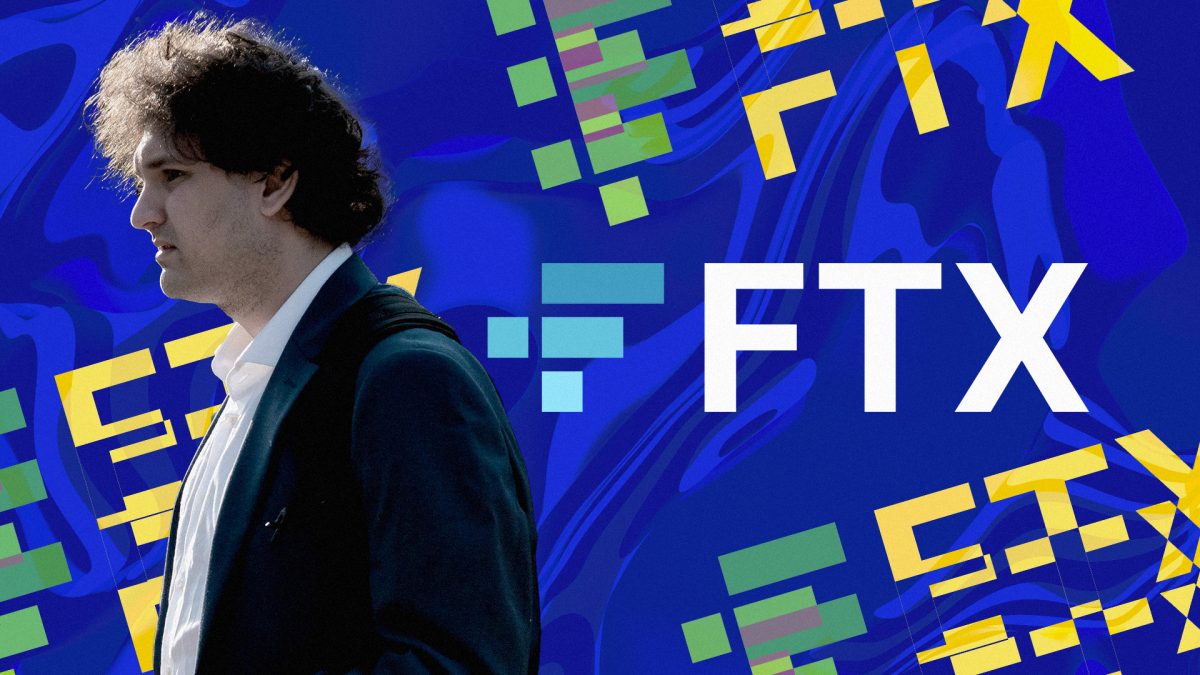New York Times, Harvard professor want Bankman-Fried gag order lifted

Quick Take
- A well-known constitutional law professor and several media organizations want the judge presiding over Sam Bankman-Fried’s criminal case to not extend a temporary gag order on the failed mogul or others involved in the case.
- Bankman-Fried also faces jail time over repeated allegations of witness tampering.

FTX owner Sam Bankman-Fried has unusual high-profile allies in his bid to stay out of jail and continue to speak to press before his October trial begins: the New York Times and Harvard Law School Professor Laurence Tribe.
Bankman-Fried and others involved in his criminal case were put under a temporary gag order, which prevents them from speaking to press, after he cooperated with a New York Times profile of one-time girlfriend and former Alameda Research CEO Caroline Ellison.
In an Aug. 1 affidavit submitted to the U.S. federal court where Bankman-Fried’s criminal trial will take place, Tribe said that the failed crypto mogul was within his rights to speak to media about the case, while the Times itself and other media organizations argued that the order interferes with their capacity to report on matters in the public interest, a First Amendment issue.
“Mr. Bankman-Fried has a constitutional right—when sought out by reporters for his perspective on stories they are writing—to avoid projecting a false image of someone who is media-shy or, worse, someone whose consciousness of guilt makes him shun the media rather than being forthcoming,” Tribe wrote to Judge Lewis Kaplan, the presiding judge for the U.S. District Court for the Southern District of New York, where the October trial is to take place.
Tribe arguing SBF's side in 'independent capacity'
Tribe, who as a lawyer is on retainer for the law firm of the former FTX CEO’s father, Joseph Bankman-Fried, claimed that despite that he submitted the 23-page affidavit “in an independent capacity” as a noted constitutional law expert.
Part of the dispute over whether Bankman-Fried should remain under house arrest with his parents or be put into a New York City jail to await trial revolves around whether or not he was the primary source for personal documents of Ellison's included in the story, which prosecutors claim came from Bankman-Fried, and argue is part of a pattern of witness tampering and otherwise suspicious behavior in the lead up to trial.
Tribe argued against a gag order, meant to prevent Bankman-Fried and both the defense and prosecution from further contact with press.
“The order effectively precludes Mr. Bankman-Fried (as well as surrogates, family members, spokespersons, representatives, and volunteers who speak at his instigation) from saying anything that might influence the public’s perception of him in ways that could help make the presumption of his innocence more than a slogan,” Tribe wrote the court.
The press weighs in
The New York Times, whose story about Caroline Ellison last week ignited the latest accusations of witness tampering that now threaten to put Bankman-Fried in jail, also argued against Kaplan’s gag order as being overly restrictive, due to public interest around the case. There is a longstanding precedent in the U.S. of media organizations covering trials and other legal cases pressing for the release of as much information as possible, arguing public interest and First Amendment rights, without taking a side in the case.
In an Aug. 2 letter to Kaplan, David McCraw, the deputy general counsel for the Times, wrote that “any order limiting communication with the press necessarily requires a balancing of First Amendment rights and the need to assure a fair trial and effective administration of justice.”
McCraw went on to argue that the recent legal fight over whether Bankman-Fried’s participation in the Ellison profile “overlooks the public’s legitimate interest —independent of this prosecution — in Ms. Ellison and her activities at her cryptocurrency trading firm.”
“She has confessed to being a central participant in a financial scheme that defrauded investors of billions of dollars — a scheme that was not detected by government regulators and law enforcement agencies until the public’s money had disappeared,” continued McCaw. “It is not surprising that the public wants to know more about who she is and what she did and that news organizations would seek to provide to the public timely, pertinent, and fairly reported information about her, as The Times did in its story.”
On Friday a documentary production company working on a film about FTX and the criminal case — which Bankman-Fried was to give an interview this week — and the Reporters Committee for Freedom of the Press, a nonprofit, also urged Kaplan to modify his gag order and allow Bankman-Fried and others to continue to speak to reporters.
After the unusual amount of input, Kaplan late on Friday ordered another hearing on the topic. The judge will likely decide after that whether to put Bankman-Fried in jail pending trial, as well as whether to extend the temporary gag order through the criminal trial, due to begin Oct. 2.
Disclaimer: The former CEO and majority shareholder of The Block has disclosed a series of loans from former FTX and Alameda founder Sam Bankman-Fried.
© 2025 The Block. All Rights Reserved. This article is provided for informational purposes only. It is not offered or intended to be used as legal, tax, investment, financial, or other advice.







